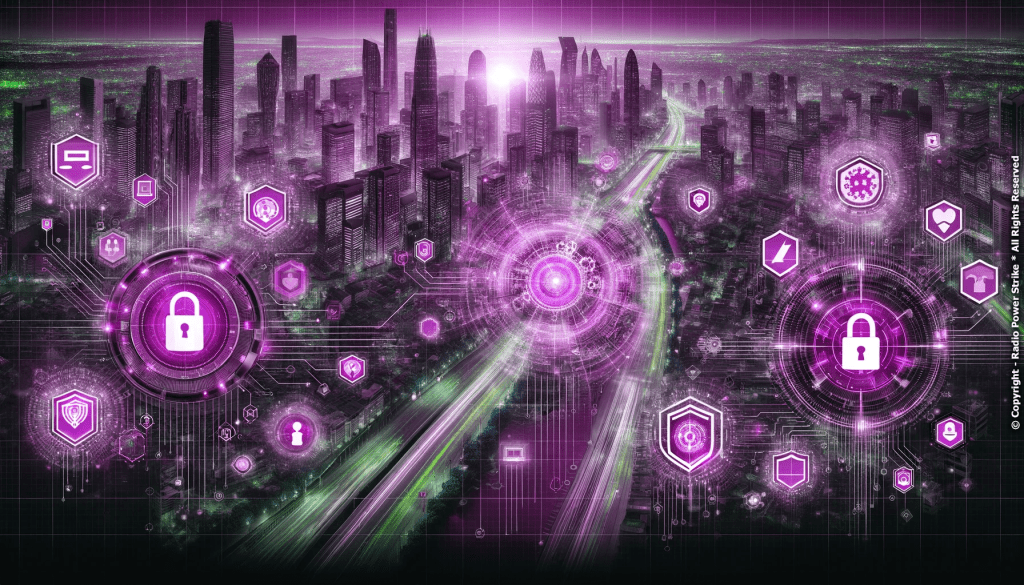The Role of Cyber Security in Protecting Smart Cities
Safeguarding Urban Digital Infrastructure with Advanced Security Measures

The advent of smart cities revolutionizes urban living, offering efficiency and improved services. Yet, with digital transformation comes the need for advanced Cyber Security to protect these intricate systems.
Challenges in Smart City Security
Smart cities face unique security challenges due to their reliance on IoT devices and complex digital infrastructures. Cyber threats in this environment can disrupt essential services and compromise citizens’ privacy and data.
The 2019 ransomware attack on the city of Baltimore’s municipal systems, for instance, impeded various essential services. The incident illustrates the potential chaos arising from cyber vulnerabilities in smart city infrastructures.
Understanding and addressing these unique challenges is crucial for maintaining the functionality and safety of smart cities, thereby ensuring the seamless provision of services and protection of citizen data.
Importance of Robust Security Protocols

Implementing stringent Cyber Security protocols is vital for protecting smart cities against potential threats. These protocols should encompass regular system audits, monitoring, and timely updates to address vulnerabilities.
Singapore, recognized for its smart city initiatives, invests significantly in Cyber Security. The city-state implements multi-layered security protocols to protect its digital infrastructure from various cyber threats, showcasing a commitment to securing its smart urban environment.
Adopting and maintaining robust security protocols is essential in preventing unauthorized access and attacks, thus safeguarding the integrity and functionality of smart city systems and services.
Collaboration Between Sectors
Cross-sector collaboration enhances the Cyber Security of smart cities. Governments, private sectors, and Cyber Security experts must work together to create a secure digital framework for these advanced urban environments.
In Dubai’s smart city initiative, there is a collaborative approach involving various stakeholders working together to create and maintain a resilient and secure digital infrastructure, highlighting the importance of collective effort in ensuring security.
Through cooperative strategies and sharing expertise and resources, stakeholders can fortify the digital defenses of smart cities, providing a secure and reliable framework for these advanced urban centers.
Continuous Improvement and Innovation

With cyber threats constantly evolving, smart cities need to invest in continuous improvement and innovation in Cyber Security measures. Keeping abreast of the latest security technologies and threats is crucial for safeguarding urban digital infrastructure.
Israel’s smart city, Tel Aviv, emphasizes ongoing innovation and improvement in its Cyber Security measures. The city actively invests in the latest security technologies and collaborates with global experts to enhance its defenses against cyber threats.
Continuous improvement and innovation in Cyber Security are non-negotiable for smart cities, providing a dynamic defense mechanism that adapts to the changing landscape of cyber threats and technologies.
Navigating through the digital age, smart cities represent the pinnacle of technological advancement and urban living convenience. However, the underlying digital infrastructure that powers these cities is under constant threat from cyber-attacks. By understanding the imminent threats and investing in robust Cyber Security protocols, collaborative initiatives, and continuous innovation, societies can not only protect but also optimize the functioning of smart cities for a secure, efficient, and convenient urban living experience.

Comments are closed, but trackbacks and pingbacks are open.